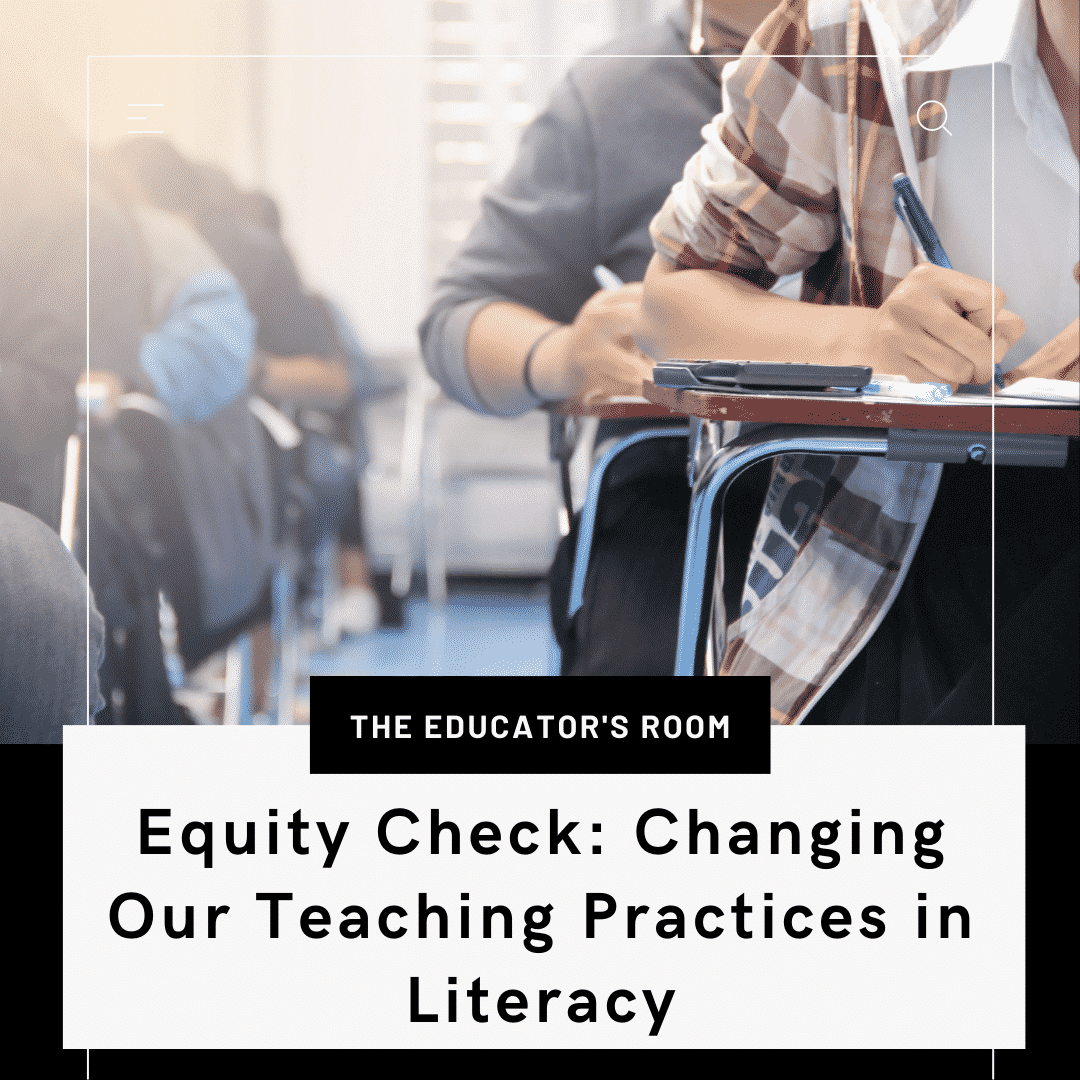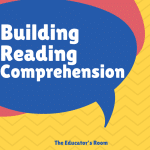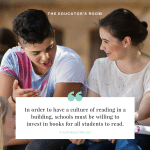Reading and writing are essential tools for success in life. Imagine how you would survive, make a living, or even make purchases at the grocery store without basic reading and writing skills. In order to be successful in today’s technology age, students will need to know how to communicate on all platforms. Students will need to know how to speak, listen, and communicate in person and through technology. Every student will need to be able to read and write emails, news articles, text messages, company reports, and more. The more society moves toward remote working, the more literacy skills are necessary.
However, current teaching practices in the literacy classroom are not equitable for all learners. According to Gord and Sheridan (2020), “If society strives to truly honor the fundamental tenet that all humans are created equal, it must ensure equal access to the necessary skills for all members in that society to aim for success.”
So, how can teachers make literacy more accessible, rigorous, culturally rich, and inclusive?
Identifying the Literacy Problem
The first step in making literacy more equitable is to identify the problem. So what is the problem? The problem is that teachers are human. They have their own backgrounds and life experiences, and these things provide them with insight into the world that is completely unique to them. Teachers are full of unconscious biases. Many are unaware of the stereotypes that they are upholding. Teachers are inadvertently blocking access to literacy education and lowering their expectations of students based on these biases and stereotypes. Because of their biases, teachers often choose resources that do not challenge, inspire, and prepare our students to read, write, and experience the world fully.
Solutions for Literacy
Bias
We must consider unconscious biases. It is vital to seek and eliminate unconscious biases actively. This can be done in a cooperative Professional Learning Community (PLC). As a team, ask yourself how you can identify biases that might inform your practices and eliminate them as a team. This will not be easy, but it is the necessary first step. Read “How do I know if my biases affect my teaching?” for more help identifying and eliminating biases in the classroom.
Access
All students deserve access to literacy education. Regardless of race, culture, gender, sexuality, and learning needs, every student deserves to be challenged and inspired to meet grade-level standards in reading, writing, speaking, and listening. Often, teachers make assumptions about students’ abilities and limit access to a rigorous education for students. We have all been in a meeting where the team refers to some students by a label. “My SPED kids,” or “My Ells,” or “the ‘low’ students,” etc.
Applying these labels to our students limits their access to challenging, rigorous literacy education. In a recent Detroit lawsuit sought to establish a Constitutional Right to Literacy, seven students claimed that their school district did not offer enough textbooks and literacy resources to provide a proper literacy education. Sadly, there is no precedent to give students a federal right to literacy education.
Stereotypes
Stereotypes are a massive problem in education. There are many examples of stereotypes in the literacy classroom. For example, when choosing texts, teachers often consider the gender of their students to find engaging text that interests the reader. Choosing books about sports to increase engagement among boys is just one example of stereotypes based on gender roles. Religious stereotypes, racial stereotypes, cultural stereotypes, etc. all contribute to inequity in literature classrooms. In addition, when students are labeled for their ability or disability, unfair stereotypes are born.
Stop assigning simple texts to readers who struggle. Stop assigning books by gender, race, and culture. Instead, include them all, read them all, and discuss them all. Introduce characters of all ages. Read stories about diverse religions and challenge stereotypes and biases in classroom discussion. Read stories about diverse cultures and diverse families and give students a forum to analyze, discuss, and write about these characters.
Expectations
Labels do not just limit a student’s access to literacy education. Labels also contribute to lower expectations for students. Regardless of a student’s learning needs, teachers need to keep expectations high. In addition to teacher expectations, teachers are responsible for teaching students how to keep their expectations of themselves high. Rather than making things easier, we need to teach our students that they can do hard things, and then provide the support they need to do hard things.
Resources
In addition to access and expectations, the resources we use should be rigorous, multicultural, and gender-inclusive. Students should be reading rich, multicultural texts that introduce students to new experiences and connect with their own cultural and linguistic backgrounds. Students should read, analyze, and engage in discussion about texts that reflect a diverse world in which they will someday work and live. They should be asked to write about their experiences and engage in discussion about texts that challenge and inspire them to connect with one another. Here is a list of books to help increase the diversity of literacy in your classroom.
Conclusion
Teachers, it is time to check yourselves. How can you make literacy instruction more equitable for every learner? Start by identifying your biases, breaking down stereotypes, keeping your expectations high, and exploring rich texts. Give each student the power to think critically, work, and live in an ever-growing and ever-evolving global community.

Reference
Gord, S., & Sheridan, K. E. (2020). Reading and writing instruction for second- And third-grade classrooms in a plc at Work(r). Bloomington, IN: Solution Tree Press.




